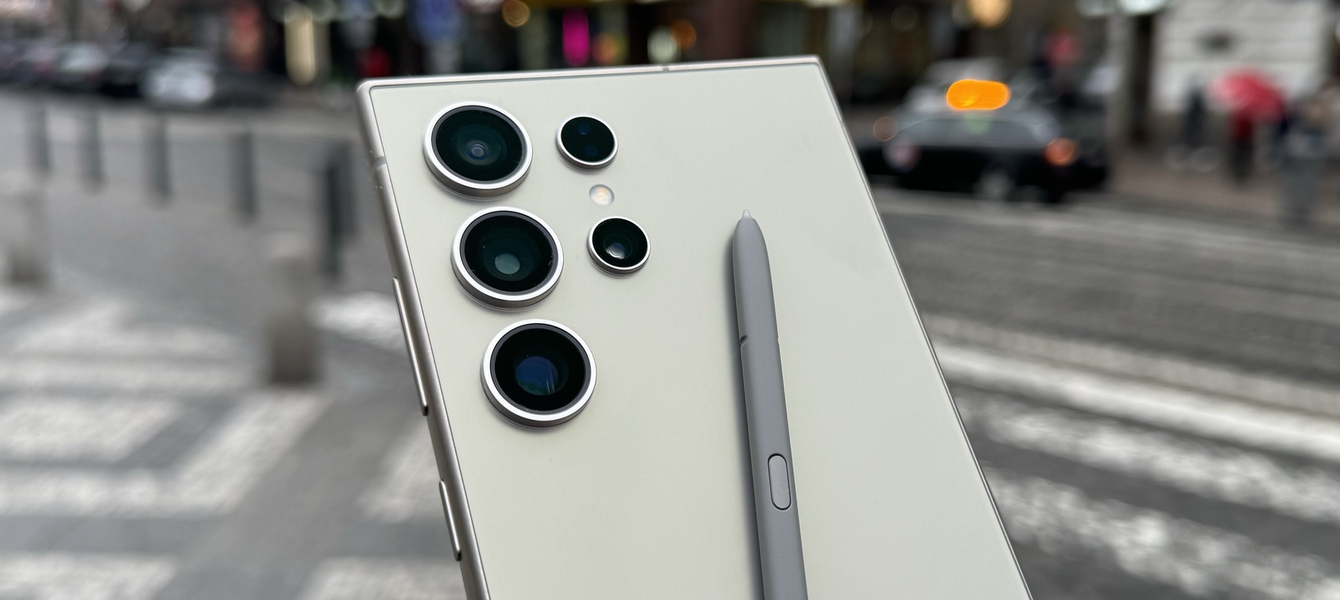#Remarkable #plastic #eat
Scientists at the University of California, San Diego have developed a plastic that can self-destruct. They did this by adding plastic-eating bacteria to the building blocks that make up the plastic. These bacteria ‘sleep’ as long as the plastic has to serve its purpose, but wake up as soon as they come into contact with certain nutrients from compost. As icing on the cake, the added bacteria also ensure that the plastic becomes stronger.
More robust plastic
The scientists presented their results in the scientific journal Nature Communications. “Our process makes the material more robust, which extends its lifespan,” say
Jon Pokorski, one of the researchers, told BBC News. “And when its job is done, we can remove the plastic from the environment, regardless of how it is disposed of.”
The bacterium the researchers used is called Bacillus subtilis and is known for its plastic-eating properties. This is also often found in the food industry and in vitamin pills. The bacteria were modified in such a way that they became resistant to the heat needed to make plastic.
Harmful substances
A strip of plastic with this bacteria was placed in a kind of compost for five months. As the plastic came into contact with nutrients in the compost, it slowly began to eat itself. After the five-month period, only 93 percent of the mass remained. The scientists still want to investigate exactly which substances remained and whether they are harmful to the environment. Their hypothesis is that this is not the case, because Bacillus subtilis is regularly found in our food. It is not known whether the plastic disappears completely after a period longer than five months.
Plasticvervuiling
For the time being, this self-eating plastic only exists in the laboratory, but according to Pokorski, this new type could enter the market ‘within a few years’ if a manufacturer is willing to scale up the technology.
However, these types of innovations do not mean that the end of the current plastic problem is in the offing. It will take some time before this self-eating plastic is used on a large scale. And the vast majority of all plastic pollution in oceans, cities and nature reserves will not simply degrade out of nowhere.










